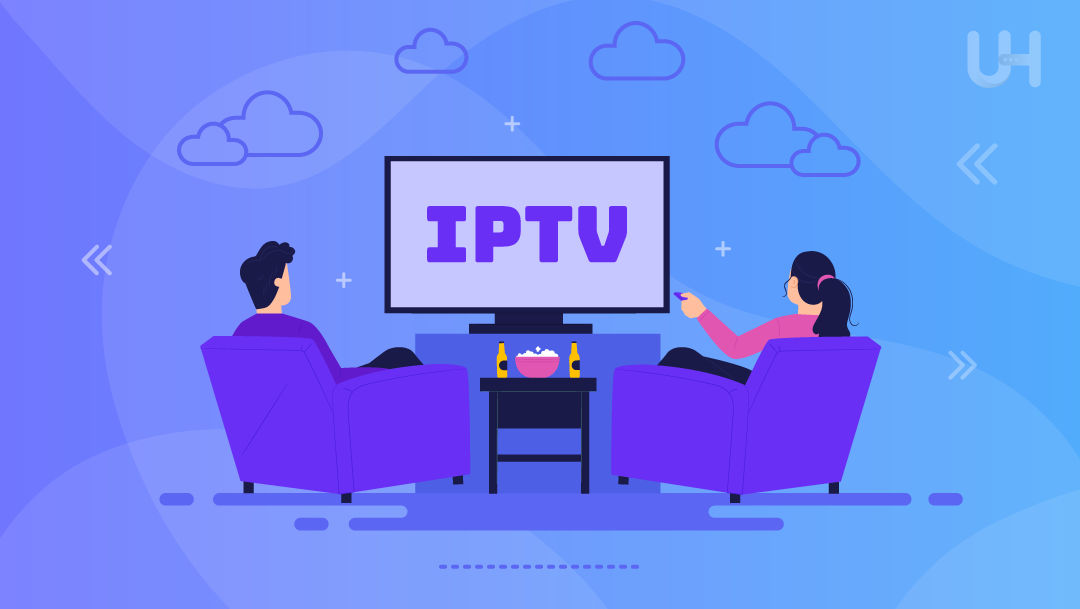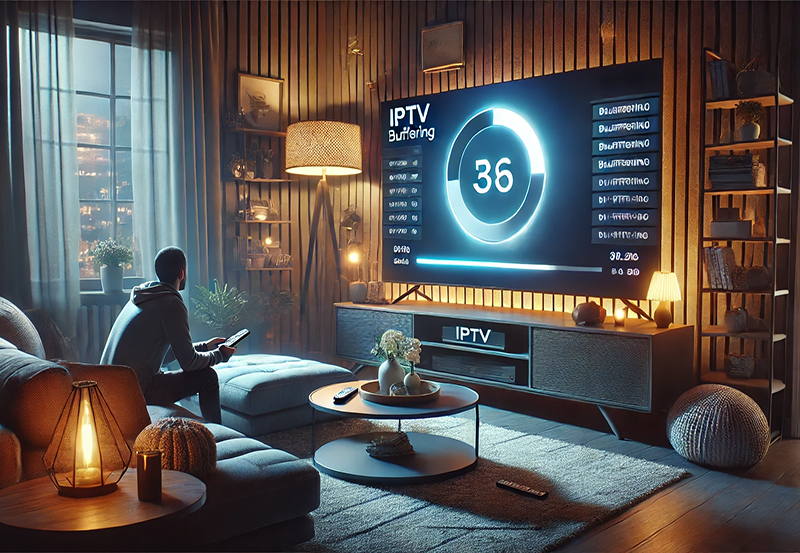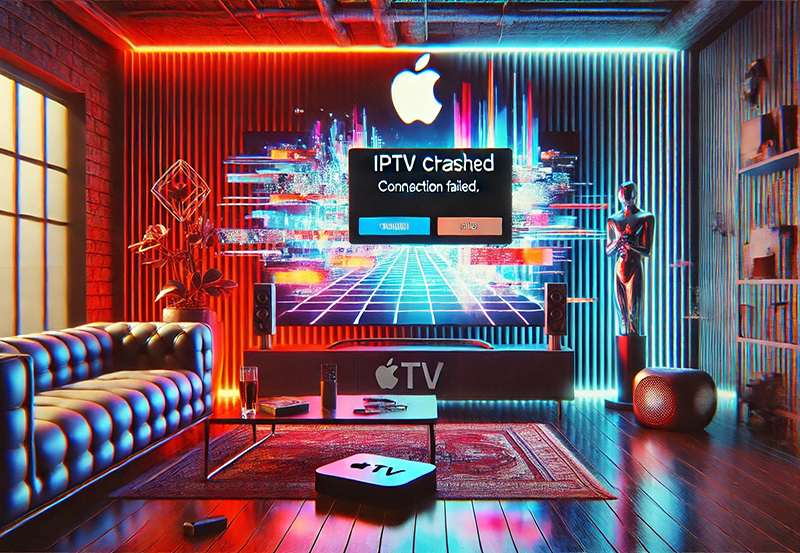IPTV (Internet Protocol Television) is a modern technology that delivers television programming and on-demand content through an internet connection, rather than traditional satellite or cable networks. It’s changing the way people watch TV, offering greater flexibility, accessibility, and cost-effectiveness. If you’re new to IPTV, this guide will explain what it is, how it works, and why it’s becoming a popular alternative to traditional TV.
What Is IPTV?
IPTV stands for Internet Protocol Television, a system that delivers video content over an internet protocol (IP) network. Unlike traditional broadcasting methods, IPTV streams media content directly to your device, allowing you to watch TV shows, live events, and movies at your convenience.
Key Features of IPTV
- On-Demand Content:
- Access movies, TV shows, and series whenever you want.
- Live TV:
- Stream real-time broadcasts like sports, news, and events.
- Multi-Device Compatibility:
- Watch on Smart TVs, smartphones, tablets, and more.
- Customizable Playlists:
- Organize and manage your favorite channels and content.
How Does IPTV Work?
IPTV uses internet-based protocols to deliver television programs and videos to users. Here’s how it functions:
- Content Acquisition:
- Broadcasters or providers source TV channels, movies, and shows.
- Encoding:
- Content is digitized, compressed, and converted into a format compatible with internet streaming.
- Streaming:
- Media is streamed directly to users via IPTV apps or devices.
- Playback:
- Users access content using IPTV-compatible players that decode and display the streams.
Types of IPTV Services
1. Video on Demand (VOD)
- Offers a library of movies, TV shows, and series available at any time.
- Examples: Netflix-style catalogs.
2. Live TV
- Stream real-time broadcasts of news, sports, and entertainment channels.
- Similar to traditional cable TV but over the internet.
3. Catch-Up TV
- Allows viewers to watch programs aired previously, often for a limited time.
- Example: Replay yesterday’s news or last week’s episode.
4. Time-Shifted TV
- Lets viewers pause, rewind, or fast-forward live TV programs.
5. Pay-Per-View (PPV)
- Watch specific events, such as boxing matches or concerts, for a one-time fee.
Advantages of IPTV
- Cost-Effective:
- Typically cheaper than cable or satellite TV subscriptions.
- Wide Variety of Channels:
- Access local, international, and niche channels.
- Flexibility:
- Watch content on any internet-connected device.
- No Contracts:
- Many IPTV services offer month-to-month plans.
- Customizable Viewing:
- Create personalized playlists and save favorites.
Devices Compatible with IPTV
IPTV is compatible with various devices, making it accessible to everyone:
- Smart TVs: Samsung, LG, and Android TVs with built-in IPTV apps.
- Streaming Devices: Amazon Firestick, Roku, NVIDIA Shield.
- Smartphones and Tablets: Apps for iOS and Android.
- PCs and Laptops: IPTV players like VLC or Kodi.
- Dedicated IPTV Boxes: MAG boxes, Formuler Z11.
How to Get Started with IPTV
Step 1: Choose a Reliable IPTV Provider
- Look for providers with good reviews and a wide range of content.
- Ensure they offer the channels and features you want.
Step 2: Select a Compatible Device
- Use a Smart TV, streaming stick, or dedicated IPTV box.
Step 3: Install an IPTV Player
- Popular apps include TiviMate, IPTV Smarters, Perfect Player, and VLC.
Step 4: Add Your Playlist
- Use the M3U URL or Xtream Codes provided by your IPTV subscription.
Step 5: Start Streaming
- Access live TV, on-demand content, or catch-up shows with ease.
Common Terms in IPTV
- M3U Playlist:
- A file containing channel links or stream URLs.
- EPG (Electronic Program Guide):
- Displays program schedules and descriptions.
- Buffering:
- Delay or interruption in streaming caused by slow internet or server issues.
- IPTV Player:
- Software used to access IPTV services.
Is IPTV Legal?
IPTV is a legal technology; however, the legality of the service depends on whether the provider has proper licenses to distribute the content. To avoid legal issues:
- Choose reputable and licensed IPTV providers.
- Avoid “free” or suspiciously cheap services.
Tips for Optimizing Your IPTV Experience
- Stable Internet Connection:
- Minimum speeds of 10 Mbps for HD and 25 Mbps for 4K.
- Use a VPN:
- Protect your privacy and bypass geo-restrictions.
- Regularly Update Apps:
- Ensure your IPTV player is updated for the best performance.
- Organize Channels:
- Customize your channel list for easier navigation.
- Test Multiple Players:
- Find the one that works best with your service.
Challenges of IPTV
- Internet Dependency:
- Requires a stable and fast internet connection.
- Variable Quality:
- Streaming quality depends on the provider and server load.
- Setup Complexity:
- Beginners may find the setup process challenging.
Conclusion
IPTV is revolutionizing the way people consume television, offering unmatched flexibility and variety. Whether you’re interested in live TV, on-demand content, or international channels, IPTV provides an affordable and modern solution. By understanding the basics and following this guide, you can enjoy a seamless IPTV experience tailored to your preferences.
what is Tivimate and how can install?





